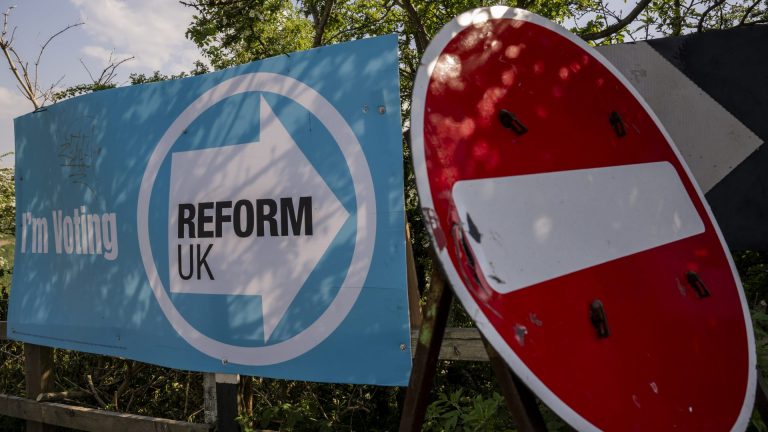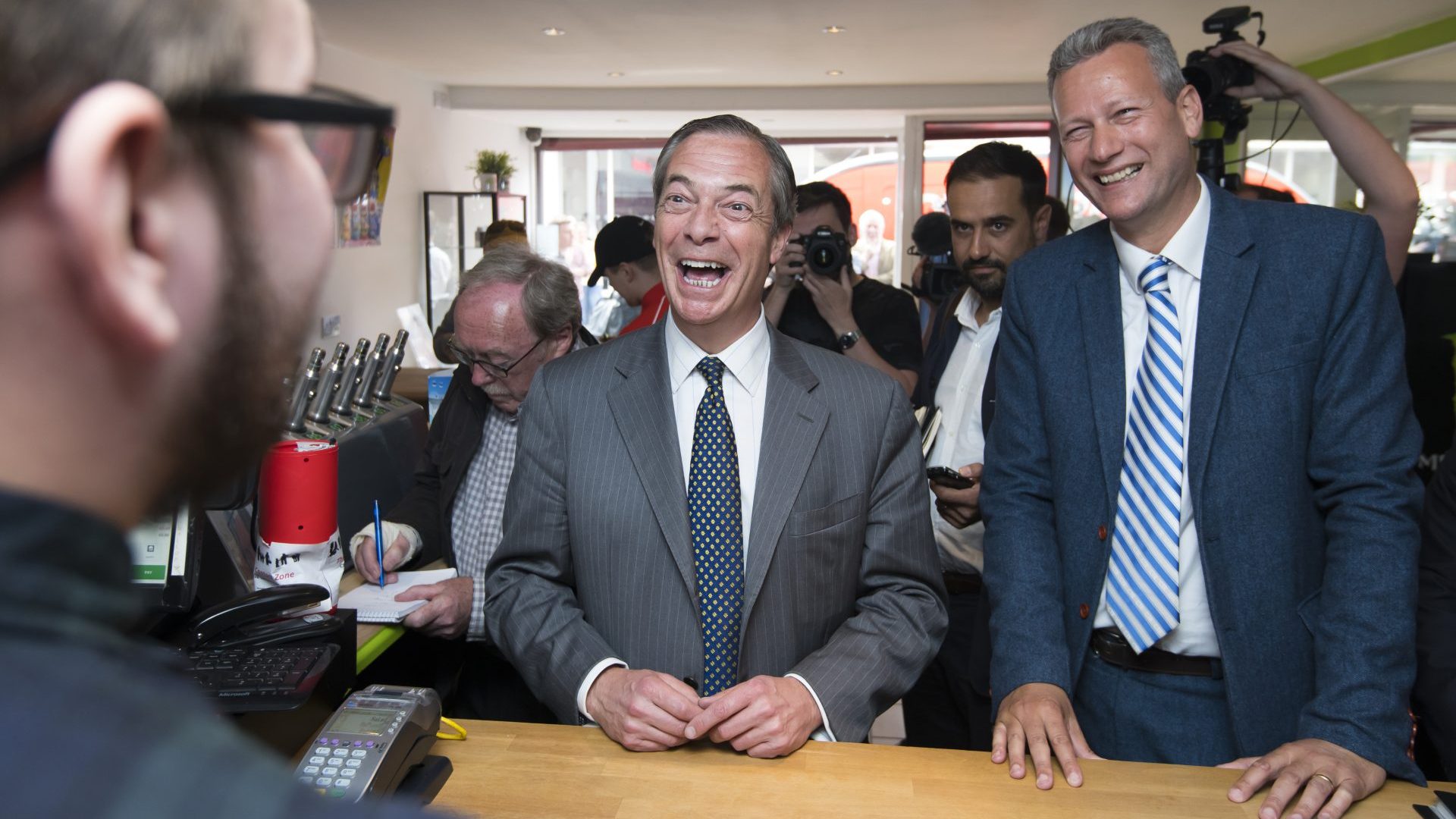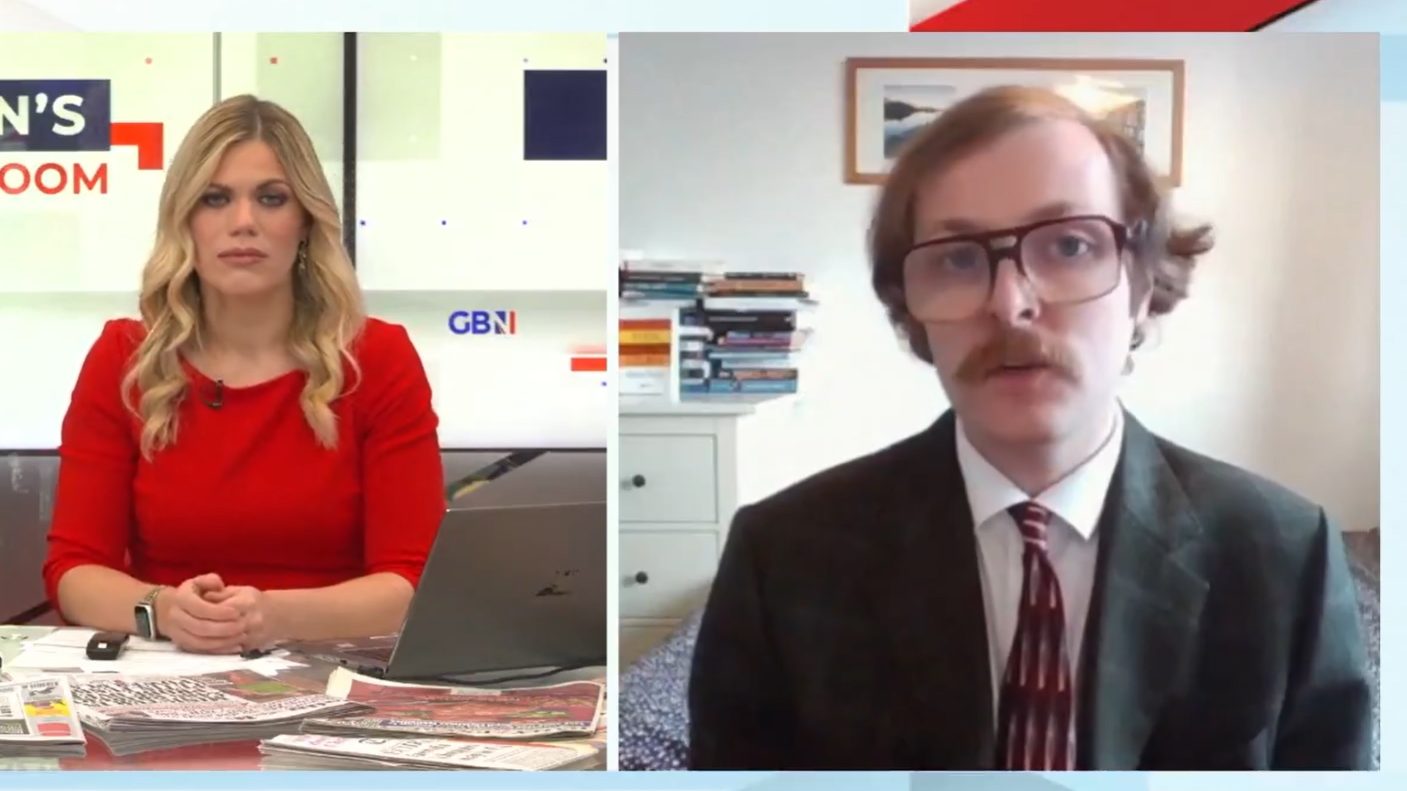Though the scandal of Nathan Gill seems to be of little interest to the BBC and the right wing media, questions abound about what senior Reform figures knew, and when, about the disgraced former MEP’s links to Russia.
On September 26, Gill pleaded guilty to eight counts of bribery relating to speeches he made in favour of Russia in the European Parliament. He was
Reform’s former leader in Wales and was a close confidante of Nigel Farage for years in Ukip and the Brexit Party.
Yet after he admitted taking bribes from Olog Voloshyn, a former Russian MP with strong links to the country’s secret services, Reform’s head of policy,
Zia Yusuf, claimed Gill had been barely known to the leader, telling the BBC: “Nigel meets tens of thousands of people… he can’t be held accountable for the actions of every single person he comes into contact with.”
As revealed here in TNW #454, this was nonsense. In 2016, Farage said: “I have worked with Nathan Gill over a period of years… he’s as honest as the day is long.” Farage said last week that he had known Gill for “a very long time” but insisted of his pro-Russia activities, “I didn’t know anything about it, all I knew was that he’d been to Ukraine.”
Suggested Reading


Farage’s friend Nathan Gill loves his country, but it’s not Britain
Now Rupert Lowe, the Great Yarmouth MP who was thrown out of Reform after questioning Farage’s control over the party, has suggested that Gill’s actions might have been questioned earlier by senior figures in the Brexit Party. Lowe said of becoming an MEP in 2019: “I was new to the European Parliament, Nathan had been there for years alongside Farage – they were very close. He seemed particularly interested in Russian/Ukrainian developments, which I found peculiar.
“There was one event, right at the beginning of our term, which he asked me and other MEPs to attend. Due to his position in the grouping, I agreed. It had a very pro-Russian slant, with individuals who claimed to be close to Putin there. For obvious reasons, I did not attend another such event.
“I thought his obsession with that part of the world was strange, but given his years in the parliament and position in the party, I didn’t think there was more to it. Other MEPs also found it unusual, but we just got on with the job.”
In October 2019, Brexit Party members in the European Parliament voted against stronger EU measures aimed at countering Russian disinformation. One of them, David Bull MEP, explained at the time: “Stories of Russian interference have been exposed as baseless propaganda and scare stories used to shut down debate.” Bull is now chair of Reform UK.




